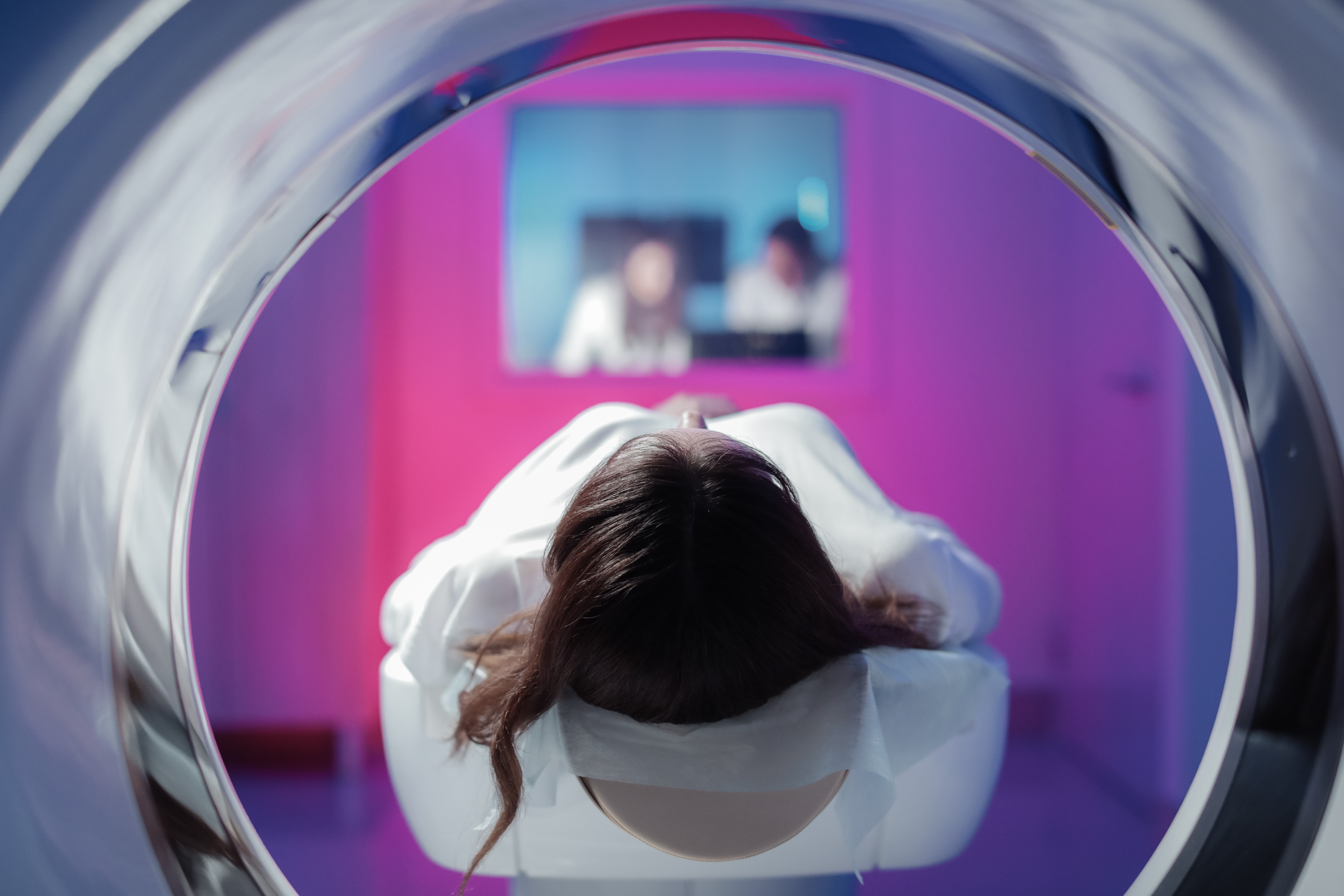Are You Ready for Portable MRI Scanners?

Sick of hearing about artificial intelligence? Well, it’s not the only potential game-changer in radiology. Even health tech that we’ve been using for years can disrupt the specialty as we know it.
Take MRI scans, for example. They have the advantage of taking detailed images of soft tissue, without the use of radiation. However, a lack of portability has always put MRI at a disadvantage. Plus, they create a potentially dangerous magnetic field that limits their use.
All that is about to change.
Everyday technology, brand new use
Researchers have developed a portable, low-field MRI scanner that can be safely used at patients’ bedsides. This device uses a standard electrical plug and can operate with metallic items nearby.
In September 2020, Massachusetts General Hospital (MGH) announced the results of a proof-of-concept study, described in JAMA Neurology. The researchers used a portable MRI device to evaluate critically ill patients suspected of neurological problems like stroke and traumatic brain injury. They detected abnormal findings in 29 of 30 patients without COVID-19 (97 percent), without adverse events or complications.
Potential setbacks
Of course, there are trade-offs involved. The portable device isn’t as precise as standard MRI scanners. However, it is lower cost, and can be used in many different settings.
In fact, the portable MRI was developed due to concerns that wounded soldiers could not undergo standard MRI scans with shrapnel in their bodies. This new device could be used on the battlefield and other remote locations.
Get the story of this development in the MGH press release.
Mobile imaging needs mobile support (even if it's not mobile MRI)
Mobility is important, whether you’re operating a hospital radiology department or a standalone imaging clinic.
From imaging devices to communications, you need flexibility to conduct your work in multiple locations. That’s why Novarad’s Nova RIS™ system offers AlertView®, so you can send notices to referring physicians, radiologists, or cardiologists and eliminate unnecessary delays.
Contact us today to learn more.
%20(3).png?width=1555&height=462&name=Novarad%20EHS%20Logo%20Full%20Color%20(1)%20(3).png)